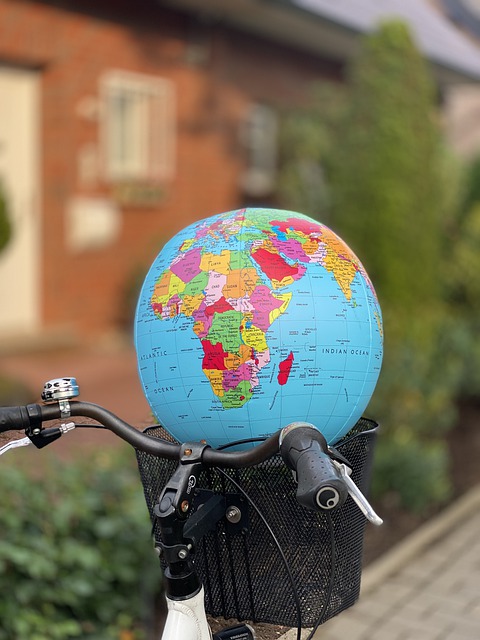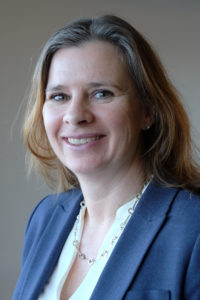By Johanna Gardmark, Senior International Advisor, Swedish National Audit Office
“As we are – hopefully – quickly approaching the end of a multi-year pandemic, it seems like a good time to pause a bit for reflection. While the pandemic has brought disease, death and disruption around the world, there are also lessons to be learned about how we were able to find new ways of working together within INTOSAI.
From the moment SAI South Africa became the CBC Chair and SAI Sweden the Vice Chair, the CBC Secretariat has been a virtual secretariat with half of us in the Southern Hemisphere and half in the Northern. In that regard, my colleagues and I were well prepared to carry on working together without seeing each other face-to-face. However, our annual cycle of activities was very much planned around INTOSAI meetings – the steering committee meetings of the goal committees, the INTOSAI Governing Board, Policy Finance and Administration Committee and INTOSAI-Donor Cooperation meetings, regular meetings of the Goal Chairs, not to mention meetings and activities organized by CBC workstreams and – last but not least – the CBC annual meeting.
After more than two years of just interacting with each other in various on-line forums, I am positively surprised by some unexpected benefits of our changed approach. First of all, on-line meetings and webinars have made it possible for a broader engagement with the INTOSAI community. From a CBC perspective it is especially encouraging to see that SAIs who would normally not be able to travel to events (due to financial restraints, ongoing conflicts etc.) have been able to participate and contribute in an unprecedented way. In some cases, it has also been evident that SAIs have been able to participate with a more diverse group of representatives, beyond solely the Auditor General or the head of the international department. And, from an organizer’s perspective, we have been able to secure contributions from some very busy people who needed to commit only a couple of hours, rather than several days, to participate in a CBC event. The pandemic has in this regard equalized the playing field for SAIs to some extent. Meanwhile we have also decreased our carbon footprint enormously.
With this in mind, we did not want to just return to “business as usual” in the CBC Secretariat. While we miss seeing colleagues from around the world, and we do believe there are some discussions that are best handled in face-to-face meetings as well as positive spin-off effects from these, we still want to build on these lessons learned. To continue along this – in several regards more sustainable – path, the CBC secretariat has drafted four principles, which we suggest should guide CBC operations:
- consider sustainability issues when planning all committee initiatives.
- limit the CBC’s carbon footprint to the extent possible.
- strive to ensure equal opportunity for all SAIs to participate in, contribute to and benefit from CBC operations.
- be fiscally responsible both with INTOSAI resources, and with the resources of CBC workstreams and members.
To support the operationalization of these principles, the CBC Secretariat has also drafted a paper, covering issues such as always considering digital solutions and how to make a more sustainable choice when travel is necessary. Through better planning and coordination, we can organize more events back-to-back and find other ways to limit our travel – saving both time and money as well as the environment.
In the CBC Secretariat, we also want to nurture the social sustainability discussion of INTOSAI initiatives. By that we mean that we all need to remember to keep the diversity of the INTOSAI membership in mind in everything that we do. Regardless of size, model and level of development, SAIs need to be able to benefit from, and easily access, INTOSAI’s products and services. In the same way, all SAIs should be able to contribute to the development of those products and services. We are asking ourselves; how can we continue to develop a more equalized playing field for SAIs, and maintain a healthy environment while doing so?
With practical advice and simple reminders, we hope to help both ourselves and others to practice what we preach relating to sustainability.”


